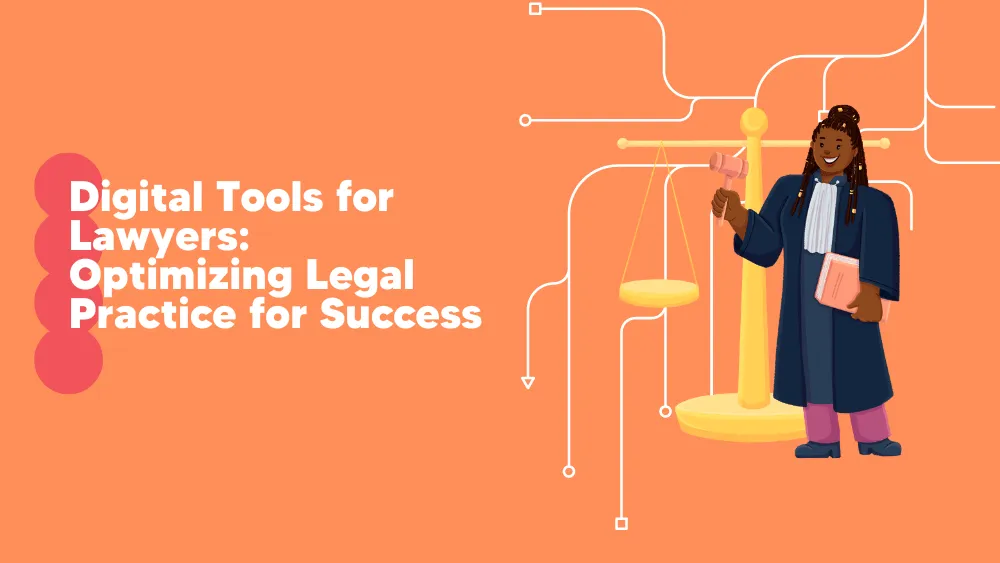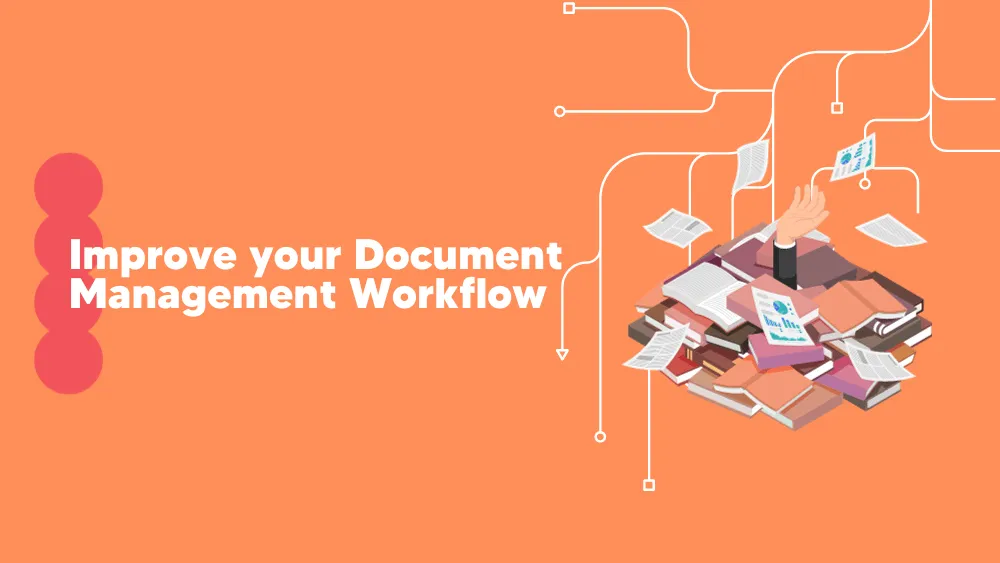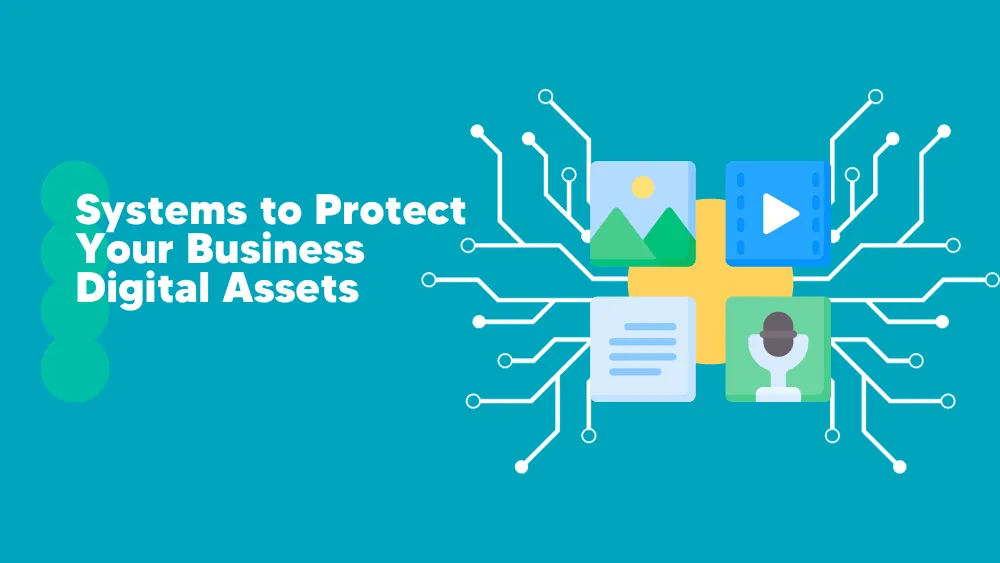
Best Legal Software
What is Legal Software?
First, legal software encompasses a diverse range of technological solutions tailored to meet the unique needs of the legal industry. At its core, legal software is designed to streamline and enhance various aspects of legal practice, catering to the multifaceted requirements of law firms and legal professionals.
This innovative technology serves as a comprehensive tool that integrates seamlessly with crucial elements of legal operations, fundamentally transforming the traditional paradigms of legal practice.
Legal software operates at the intersection of efficiency and innovation, offering sophisticated functionalities that transcend conventional methods. It addresses the intricate challenges associated with client management, ensuring a systematic and organized approach to handling client relationships. The software facilitates the creation, storage, and retrieval of legal documents, ushering in an era of paperless offices and expediting document management.
Besides, legal software is a true catalyst for legal collaboration, providing a centralized platform where teams can collaborate in real time, fostering enhanced communication and coordination. This collaborative aspect is particularly important in the modern legal landscape, where teamwork and seamless information exchange are paramount for success.
Legal software serves as a transformative force, propelling law firms towards greater efficiency, improved client relations, and heightened collaboration.
Compare Legal Software
PandaDoc
airSlate SignNow
Clym
Table of Contents
Ready to revolutionize your legal game? So, discover the best legal software that blends top-notch document management, AI finesse, and cloud-based convenience. Say hello to enhanced law firm efficiency, streamlined client management, and a new era of collaborative legal practices.
Who Uses Legal Software?
Regarding the target audience, legal software caters to a diverse array of professionals within the legal sphere, serving as an indispensable tool for lawyers, paralegals, legal administrators, and the broader spectrum of law firm staff. Its adaptive features are tailored to meet the distinct needs of each role, ensuring a seamless integration into the daily workflows of legal professionals across the board.
Some usage scenarios:
-
Lawyers
Legal software is a comprehensive toolbox for lawyers, empowering them to manage cases, track deadlines, and swiftly access crucial legal documents. It is a virtual assistant facilitating legal research and analysis while offering document drafting and collaboration tools. The software’s AI capabilities often prove invaluable for extracting insights from vast legal databases, enabling lawyers to stay ahead in a rapidly evolving legal landscape.
-
Paralegals
Paralegals benefit significantly from legal software in organizing case files, managing client information, and overseeing administrative tasks. The software streamlines the often meticulous legal research process, allowing paralegals to contribute efficiently to case preparation for a better ultimate result. Collaboration features ensure seamless communication with legal teams, fostering an environment where paralegals can leverage their expertise to enhance legal operations.
-
Legal Administrators
Legal administrators find legal software instrumental in maintaining the operational backbone of law firms. It facilitates efficient document management, simplifies billing processes, and aids resource allocation. The software’s analytics features assist administrators in making more informed decisions regarding firm-wide strategies and resource optimization.
-
Law Firm Staff
Beyond legal practitioners, law firm staff, including secretaries and support personnel, utilize legal software every day to streamline administrative tasks. From appointment scheduling to client communications, the software enhances the overall efficiency of law firms, ensuring that all facets of the organization contribute synergistically to its success.
Common Features of Legal Software
Now, let’s go into more detail by exploring some key features and what they can do for any legal business.
-
Core Features
Case Management
At the heart of legal software lies robust case management functionality. This feature allows legal professionals to organize and track the progress of cases, manage deadlines, and streamline communication within legal teams. With intuitive interfaces, case management ensures that vital information is easily accessible, facilitating a more organized and efficient approach to legal proceedings.
Document Automation
Legal software excels in automating document creation and management. This feature enables the swift generation of legal documents, contracts, and forms, reducing the time and effort spent on repetitive tasks. Document automation enhances efficiency and ensures consistency and accuracy in the creation of legal documents.
Time Tracking and Billing
Efficient time tracking and billing features are critical for law firms. Legal tools simplify recording billable hours, tracking expenses, and generating invoices. This ensures transparent and accurate billing practices, promoting financial accountability and facilitating smooth financial transactions within the firm.
Legal Research Tools
Many legal solutions integrate legal research tools, providing practitioners access to extensive legal databases, case law, and statutes. This feature enhances the efficiency of legal research, enabling professionals to stay informed about precedents and relevant legal developments.
- Integration Capabilities
Third-Party Integrations
Legal tools integrate seamlessly with third-party applications like e-discovery tools, legal research databases, and communication platforms. This interoperability enhances the software’s overall functionality, allowing users to leverage additional tools without disrupting their workflow.
Collaboration Platforms
Legal tools integrate with collaboration platforms to foster effective teamwork, enabling real-time communication and document sharing among legal professionals. This collaborative aspect is crucial when legal teams work together on complex cases, ensuring streamlined communication and information exchange.
Cloud-Based Solutions
Legal software frequently operates on cloud-based platforms, offering accessibility from any location with an internet connection. Cloud integration enhances flexibility and scalability, allowing legal professionals to work remotely and collaborate seamlessly, breaking down geographical barriers within a law firm.
Practice Management Software Integration
Legal platforms often integrate with broader practice management solutions, incorporating client relationship management (CRM), scheduling, and task management features. This holistic integration ensures a unified approach to managing legal operations, from case initiation to resolution.
In conclusion, legal software combines core features essential for legal practice with integration capabilities that amplify its impact. By incorporating these functionalities, legal software becomes a comprehensive solution streamlining day-to-day tasks and enhancing law firms’ overall efficiency and productivity.
Benefits of Using Legal Software
Legal software offers several significant benefits. These benefits include increased efficiency, improved accuracy, enhanced collaboration, and streamlined document management.
Operational Efficiency
Legal software acts as a catalyst for operational efficiency by streamlining complex workflows and automating routine tasks. From case management to document creation, these tools reduce the reliance on manual processes, minimizing the risk of errors and accelerating the pace at which legal professionals can navigate their daily responsibilities. Legal software ensures a more agile and responsive approach to legal operations by centralizing information and facilitating quick access to critical data.
Enhanced Client Management
Legal software is a game-changer in client management, providing tools to fortify communication, foster strong client relationships, and organize client data effectively. Legal professionals can effortlessly stay connected with clients with features such as client portals, secure communication channels, and CRM functionalities. This enhances transparency and allows for personalized client engagement, contributing to overall client satisfaction and loyalty.
Improved Collaboration
Who doesn’t need a better team working? So, the collaborative features embedded in legal software redefine teamwork within law firms. Document sharing, team communication platforms, and project management tools facilitate seamless collaboration among legal professionals. Whether working on a case or sharing critical information, these features break down communication barriers, ensuring that legal teams operate cohesively, even in the face of complex and multifaceted legal challenges.
Data Security and Compliance
Data security is paramount in the legal field, and legal software addresses this concern with superb security measures. These solutions often employ encryption, access controls, and secure cloud storage to safeguard sensitive legal information. Furthermore, legal software aids law firms in maintaining compliance with industry regulations and standards.
From confidentiality requirements to data retention policies, these tools ensure that law firms adhere to legal and ethical standards, mitigating the many risks associated with data breaches and unauthorized access.
Additionally, workflow automation within legal software reduces the risk of human error and optimizes time management, enabling legal professionals to allocate their expertise strategically. The seamless integration of legal software with mobile applications further extends accessibility, allowing legal practitioners to stay connected and engaged while on the move.
Future Trends and Related Solutions
AI in Legal Practice
As we already know, artificial intelligence (AI) is poised to revolutionize each aspect of work, including the legal landscape, and legal software is undoubtedly at the forefront of this transformation.
Future trends in legal software involve the integration of AI for predictive analytics, facilitating data-driven decision-making. Predictive analytics can assist legal professionals in forecasting case outcomes, optimizing resource allocation, and identifying patterns within legal data. Moreover, advanced document analysis powered by AI enhances the efficiency of legal research, contract review, and due diligence, enabling legal practitioners to sift through vast amounts of information with unprecedented speed and accuracy.
As AI continues to evolve, natural language processing (NLP) capabilities within legal software are becoming more sophisticated. This enables the software to comprehend and interpret legal texts, improving the speed and accuracy of legal document review. Applying machine learning algorithms in legal software also contributes to the automation of routine tasks, freeing up time for legal professionals to focus on more complex and strategic aspects of their work.
Cloud-Based Legal Solutions
Besides, the future of legal software is undeniably intertwined with the widespread adoption of cloud-based solutions. This shift offers law firms the benefits of enhanced mobility, flexibility, and scalability. Cloud-based legal software allows legal professionals to access case information, documents, and collaboration tools from anywhere with an Internet connection, fostering a more agile and geographically dispersed workforce.
The scalability of cloud solutions is particularly advantageous for law firms of all sizes, whether a solo practitioner or a large law firm. The ability to scale resources based on demand ensures cost-effectiveness and operational efficiency.
Integration with Other Legal Technologies
It’s apparent, nowadays, that legal software is increasingly becoming a vital component of a broader legal technology ecosystem. Integration with other legal technologies, such as eDiscovery platforms, legal research tools, and virtual collaboration platforms, enhances the overall capabilities of legal software. This integration fosters a seamless flow of information between different tools, promoting a more cohesive and efficient legal workflow.
For example, integration with eDiscovery platforms streamlines the discovery process by allowing legal professionals to manage and analyze large volumes of electronic evidence more effectively. The interoperability of legal software with legal research tools ensures practitioners can access the latest legal precedents and statutes, contributing to more informed decision-making.
As the legal tech field continues to change, interoperability and integration will be critical factors shaping the future of legal software. Law firms that embrace these trends stand to gain a competitive edge by leveraging a comprehensive and interconnected suite of legal technologies.
To conclude, the future of legal software holds exciting prospects with the integration of AI, the shift towards cloud-based solutions, and seamless collaboration with other legal technologies. These trends not only enhance the capabilities of legal software but also empower legal professionals to navigate the complexities of the modern legal landscape with unprecedented efficiency and agility.






















